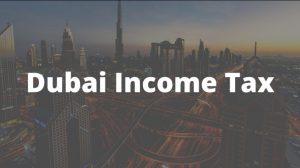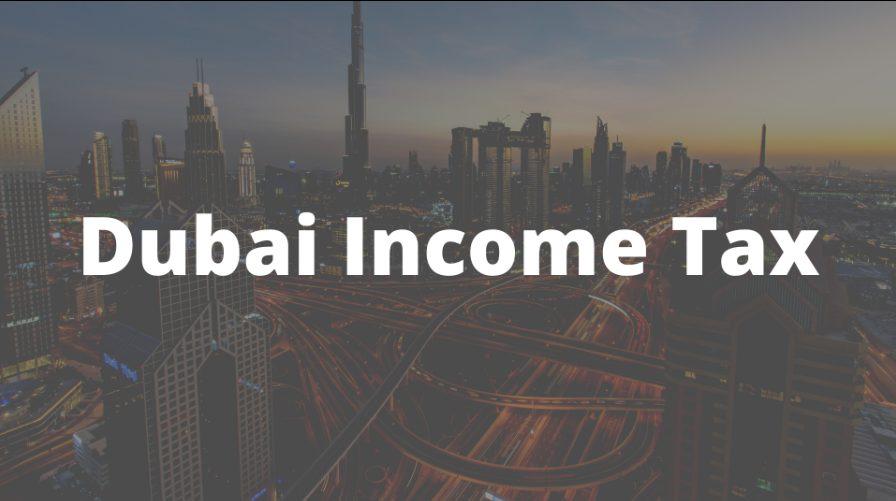One of the things that drew my interest when I first started looking at real estate prospects in Dubai was the tax position. As someone who has lived in regions where property taxes may have a big impact on investment returns, I was interested to learn more about Dubai’s approach. Warning: there’s a lot of investor friendliness!
No Property Taxes in Dubai? Yes, You Heard That Right!
“Wait, are there really no property taxes in Dubai?” was a question I recall asking myself. The offer seems nearly too good to be true. However, it is true that, unlike many other nations, Dubai does not charge annual property taxes. This is one of the biggest draws for foreign investors and explains why the city’s real estate market is still so appealing.

Most nations require you to pay an annual tax determined on the value of your property. However, there are no ongoing property taxes to worry about in Dubai once you buy a house. It’s a great relief, particularly for homeowners or investors who want to maximize earnings without having to worry about paying more in taxes.
Also see: Real Estate Demand in Dubai: Why It Continues to Grow
The One-Time Property Transfer Fee:
That does not, however, imply that there are no expenses at all. There is a property transfer cost that you must consider when purchasing real estate in Dubai. At the moment, it is fixed at 4% of the purchase price of the property. This cost is typically divided between the buyer and the seller, in my experience, but it’s important to account for it when making your budget.
However, since it’s a one-time payment, it’s negligible in comparison to any long-term property taxes you could have to pay somewhere else for owning real estate in such a desirable area. This cost is reasonable in my opinion, especially in light of the absence of continuing taxes.
What About VAT on Property?
I also frequently received questions concerning VAT, or value-added tax. VAT is levied at a rate of 5% on the majority of products and services in Dubai; however, sales of residential property are often exempt from this tax. I thought this was fantastic news, and if you’re thinking about purchasing a property in Dubai, I’m sure it will be for you too.
Also see: How Dubai Real Estate Has Rebounded After the Pandemic: My Take on the Comeback
VAT, however, can be applicable if you’re selling newly constructed real estate or working with commercial properties. In my opinion, before completing any transactions, it’s critical to get clarification on these points from your real estate agent or legal counsel.
Additional Costs to Consider:
Although Dubai doesn’t have property taxes, there are a few additional costs to consider when owning real estate here:
- Service Fees: You should expect to pay service fees if you purchase a home in a gated community or building. These include upkeep of shared spaces, security, and additional services. These fees might change depending on the region and kind of property, but in my instance, they were fair.
- Fees for the Dubai Land Department (DLD): These costs must be paid at the time the property is registered. They consist of the transfer fee I already indicated, but there might also be additional, minor administrative costs.
- Mortgage Registration cost: There is a cost of 0.25% of the loan amount if you are using a mortgage to finance your property. Though it’s not much, it’s something to consider.
Why This Matters for Investors:
Dubai offers a very alluring tax-free regime for investors. Having examined real estate markets across the globe, I can attest that Dubai presents a distinct prospect for investors due to its thriving real estate sector and absence of yearly property taxes. You keep more of your rental revenue or sale gains when there are no ongoing property taxes.
It changed the game for me. Rather than being concerned about how taxes might reduce my income, I could concentrate on selecting the ideal house and making the most of it.
Final Thoughts:
It’s easy to understand property taxes in Dubai, which is one of the reasons the market appeals to me so much. Dubai is still a popular destination for both homeowners and investors since it has no annual property taxes, a cheap one-time transfer cost, and the possibility of earning tax-free rental income.
Dubai’s tax-friendly climate is a huge advantage if, like me, you wish to make a wise real estate investment. Thus, Dubai’s real estate market has something to offer, regardless of your goals—including expanding your investment portfolio or purchasing your dream home—without the tax burden that frequently accompanies it!





